Can We Spot the US Flag on the Moon with a Telescope?
Written on
Chapter 1: The Fate of the Lunar Flag
Recently, a subscriber from Ukraine posed an intriguing question regarding the American flag placed on the Moon: "What became of the flag? Surely it hasn’t decayed, right? Can we use a telescope like Hubble to view it if it’s still there?"
The flags planted by astronauts during the Apollo missions remain on the Moon's surface, yet current telescopes lack the capability to capture such minute details.
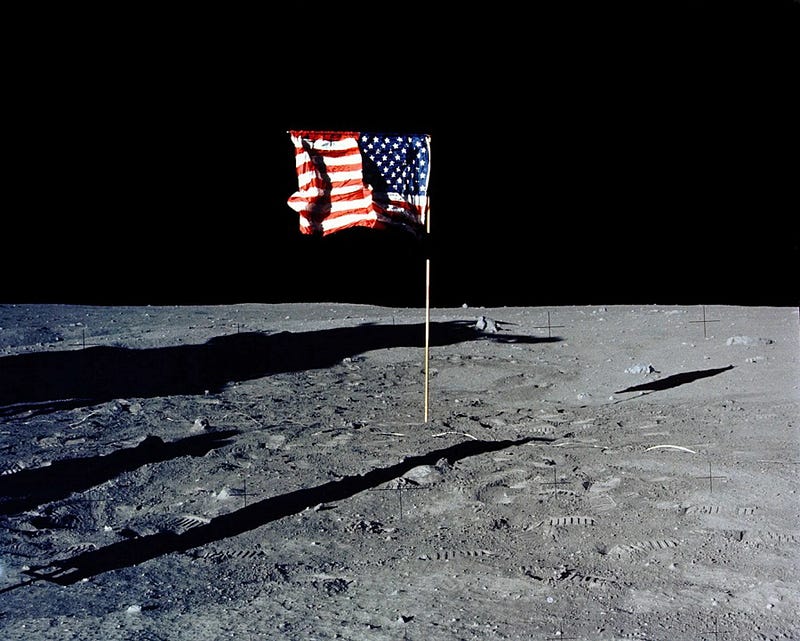
Exploring the Moon's Surface
To identify small features on the Moon, such as the lunar module (approximately 10 meters), lunar rover (around 3 meters), or the flag (just over 1 meter), telescopes with enormous apertures—ranging from tens to hundreds of meters—would be necessary.
We must first assess the telescope's angular resolution to ascertain the diameter required to resolve a particular object on the Moon. The angular resolution is defined as the angle between objects that a telescope can differentiate. This can be calculated using the formula: R = 1.22 * (wavelength / diameter).
Section 1.1: Understanding Angular Resolution
Visible light spans from 400 to 700 nm, so for our calculations, we’ll use a wavelength of 600 nm. For the Hubble Space Telescope, which has a diameter of 2.4 meters, the angular resolution is approximately 0.00000025 radians.
To visualize the size of an object that a telescope with this angular resolution could differentiate on the lunar surface, consider a right triangle where one leg represents the distance from Earth to the Moon, and the adjacent angle equals the telescope’s angular resolution. The length of the other leg gives us the minimum size distinguishable on the Moon.
By substituting the values into the equation, we find that the smallest object discernible on the Moon would measure about 96.1 meters. However, it’s crucial to note that such an object would appear as a mere pixel in a photograph taken by Hubble.
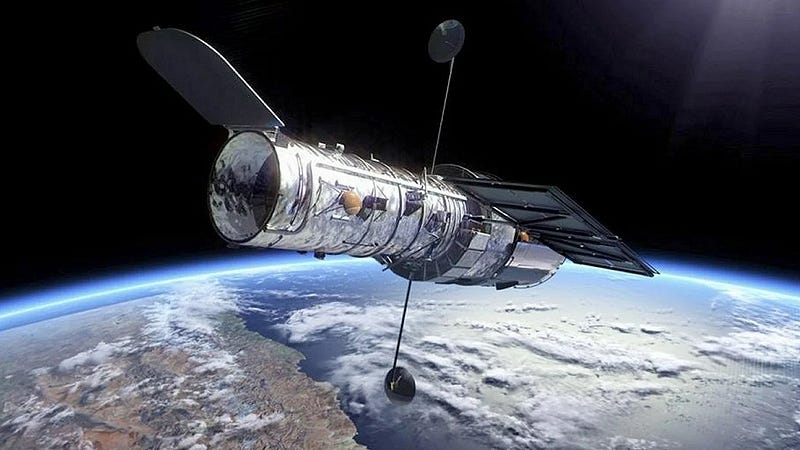
For a telescope to capture even a basic image of the US flag, its diameter would need to be approximately 220 meters for the lunar rover (75 meters) and about 25 meters for the lunar module. In comparison, the largest optical telescope, the Gran Telescopio Canarias, has a diameter of just 10.4 meters, making it inadequate for such purposes.
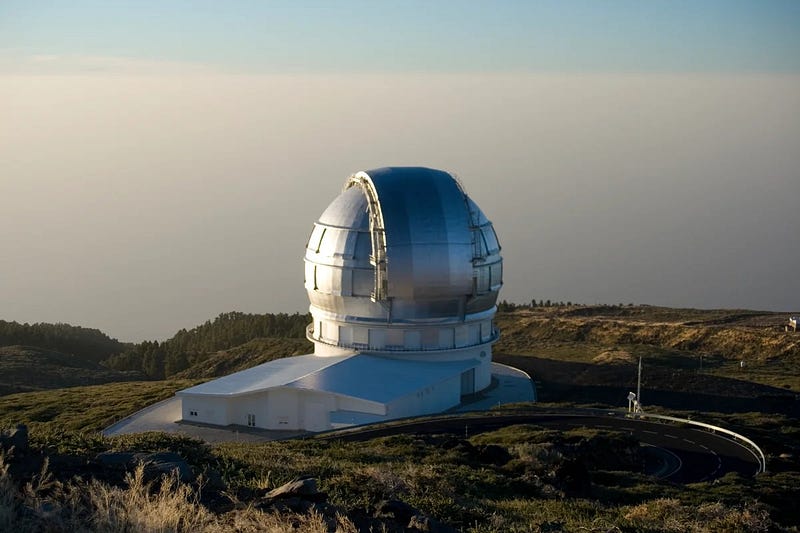
Section 1.2: The James Webb Space Telescope
The James Webb Space Telescope, which was recently deployed into orbit, boasts a diameter of 6.5 meters but also cannot resolve the landing sites on the Moon.
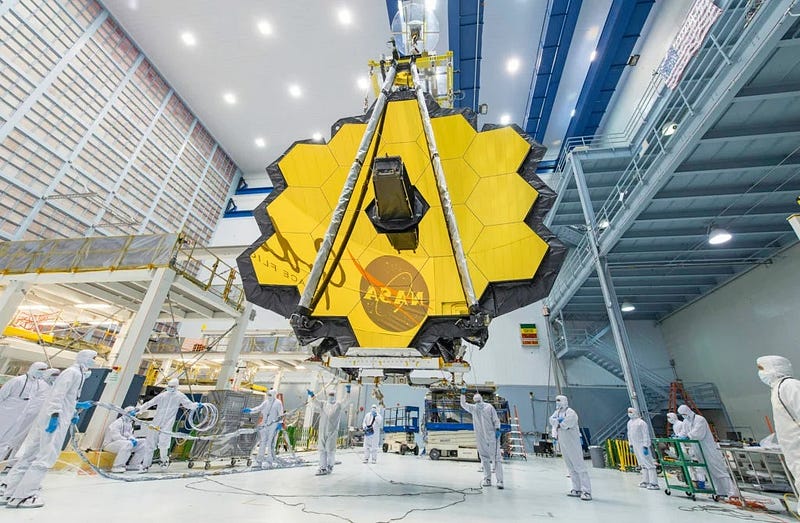
The construction of such large telescopes capable of resolving even the lunar module—or smaller details—is still a distant goal.
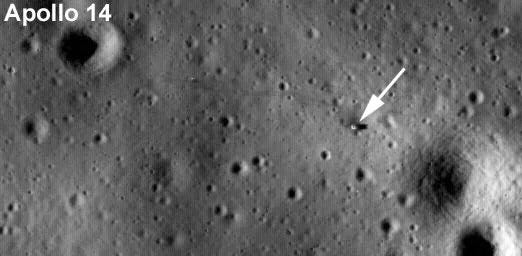
Fortunately, given the Moon's proximity to Earth, we don’t need to develop colossal telescopes to observe the Apollo landing sites. Various spacecraft from the US, China, India, and Japan have captured images of these sites from lunar orbit.
The first video discusses whether the American flag on the Moon can be seen through a telescope. It delves into the visibility and current status of the flags.
The second video explores the resolution needed for telescopes to spot the flag on the Moon, providing insights into the challenges of lunar observation.
If you're interested in more space-related content, feel free to clap! Subscribe to our channel and submit your questions, which I will address in future articles. If you appreciate my work, consider supporting me on Medium for just $5 a month, which will help us create even better content.